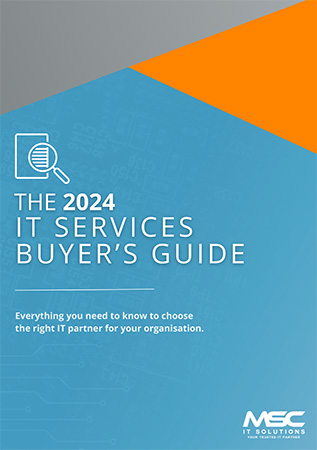

The workplace of the future is no longer a distant concept, but a present-day reality driven by Generative AI. This form of artificial intelligence is not limited to data analysis. Instead, it actively produces content such as written text, images, code, and music, using knowledge built from vast information sources. Technologies like ChatGPT and Copilot exemplify this shift, and they are already reshaping operations across many organisations. Businesses have not merely experimented with the idea; a large majority are now applying Generative AI in their daily functions, demonstrating the scale and seriousness of its adoption.
Investment trends reflect this enthusiasm. Generative AI has now surpassed cyber security in business spending, indicating a shift in priorities. The widespread use of AI tools suggests a fundamental transformation in the way companies think about productivity and innovation. Employees across departments can now complete tasks more efficiently, whether through generating written content in seconds or streamlining customer support interactions. Rather than eliminating jobs, this technology augments existing workflows, enabling people to achieve more with less friction.
In response to this evolution, many companies are moving beyond off-the-shelf AI tools. They are beginning to develop custom-built applications tailored to their own operations, using proprietary data to unlock new forms of automation and insight. This personalised approach helps businesses address their specific challenges, enhance decision-making processes, and gain a competitive edge. However, as with any powerful technology, Generative AI introduces complexities. A significant number of organisations are still working out how best to upskill their workforce and adapt their recruitment to meet the demands of a changing technological landscape.
The need for comprehensive AI training is growing rapidly, with forecasts suggesting that by the end of 2025, most companies will be running internal education programmes to build AI competency. At the same time, concerns around accuracy, data privacy, and responsible implementation remain prominent. Generative AI can often present incorrect information with confidence, which makes oversight and verification essential. As businesses explore its potential, they must also ensure they are establishing robust safeguards. For those yet to adopt AI, the path forward does not need to be overwhelming. Starting with small, manageable projects and seeking guidance from experienced technology partners can help organisations unlock value without unnecessary risk.
To Find Out More Book Your Appointment Here
If you'd like to know more or want to book a no-obligation 10-minute call with our Managing Director and cybersecurity expert, Mark Cronin, click the link below:



